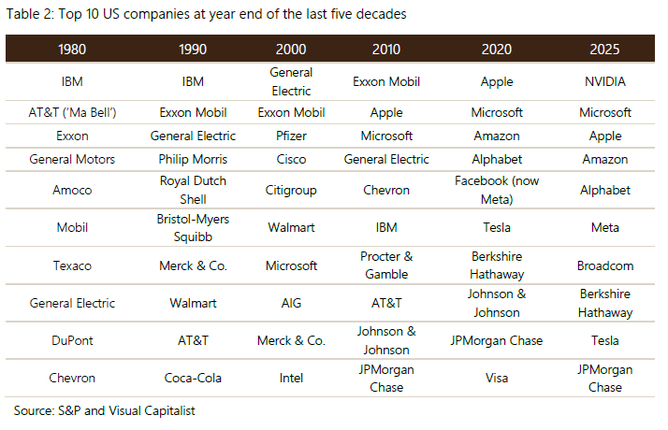Why global equities feature in portfolios
Global equities (including developed markets, emerging markets, and Australian equities) are the growth engine of our clients’ portfolios, at around 85% or so of the equities holdings. The high weight we recommend to global equities reflects several factors:
First and foremost, it reflects our very high conviction that a globally diversified exposure to global listed companies will earn a significantly higher return than NZ cash or bonds over medium to long-term periods.
Second, it reflects that global equities materially help diversify assets away from downside risk to the New Zealand economy and related local ‘shocks’ (from natural disasters to bad economic policies) that impact NZ assets (such as the family home, directly held business investments and assets, and investments in listed companies on the NZ stock exchange).
Third, listed equities are in general very liquid. Money can be raised in a short period of time across almost all market conditions, unlike unlisted assets where settlement time frames (that don’t occur a penalty) might take months or even years. They can hence be relied upon to meet any spending or withdrawal requirements when it is needed.
Performance of global equities
In theory, and in practice, investment into equity markets earns an ‘equity risk premium’ or excess return to cash and bonds to compensate investors for the fact that over short time periods equity markets are volatile, and ‘paper’ losses historically occur in around 1 of every 3 years or so. The table below provides a historic accounting of this, drawing from standard market indexes in NZD terms over the past 30 years. We see that both global and NZ equities delivered an excess return to cash of around 3.8% per annum – which is line with our forward-looking long-run equity risk premium assumption. We also see that the Australian and particularly the US market have out-performed, on average, over this particular period.
But does timing matter?
To read the full article, please click on the link above.


